A high-profile and very controversial game released this week. I’ve been loathe to mention it by name, because we made the decision very early on that we wouldn’t be covering it, but Hogwarts Legacy has created a lot of discourse this week, and there is something of tangential relevance to it that I do think is important to cover even as we ignore the game itself. How the media has handled it highlights some fundamental weaknesses in how the industry as a collective looks at and talks about games.
As most people are aware, the author of the Harry Potter series has… well, she’s become quite the divisive figure. She’s become a rallying flag for the TERF movement and these people are not pleasant individuals. Because of this, a lot of people, especially those within marginalised communities, have become very uncomfortable with anything associated with her work. Be that because they don’t want to financially support something that has made her very wealthy, or because they simply protest her association with something that has become so hateful.
I’m not here to argue about any of this. You can take our editorial decision to skip on covering the game however you like. Rather, what I want to talk about in this article is the excuses that several websites have come up with in their attempts to justify their own coverage. It has been, frankly, pathetic. The trigger for this piece is specifically IGN’s review, which includes the following disclaimer:
As critics, our job is to answer the question of whether or not we find Hogwarts Legacy to be fun to play and why; whether it’s ethical to play is a separate but still very important question. So just as in virtually all cases, we’re choosing to expose and address the views of the franchise creator separately from our consideration of the work of the hundreds of game developers and evaluate Hogwarts Legacy as it stands, leaving behind-the-scenes context to be considered in addition to that evaluation, rather than in place of it, so that it can be weighted according to your own values.
I genuinely hope that deep down IGN’s editorial team is just doing this in an effort at damage control. Because if they do actually believe this, they are insultingly ignorant about the function of criticism, and that’s a large problem given that they represent the largest Website for game criticism of all.
Since IGN’s team doesn’t seem to be aware of this, though: a critic’s job is not to simply tell readers if an artwork is “fun” or not. It’s not even to tell readers if it’s something worth spending money on, to address another common misconception that people make about reviews. A critic’s job is to contribute to the conversation around an artwork, addressing its themes and its context within the context of society and the rest of the art world. A critic is essentially an essayist, taking a position and forming an argument in analysing a game that, ideally, helps the reader to better understand or think about the artwork. If they buy it and find it “fun” as a result of the review, then that’s a secondary function of it. The primary function of criticism is analysis and that is not a product review.
This is how criticism works in all other forms of art, with just two exceptions. Whether it’s the visual arts, performing arts, literature, music, or arthouse cinema, critics aren’t there saying “Monet is great content, 9/10” or “Nureyev sure is a good dancer. You should say ‘shut up and take my money’ and buy tickets ASAP.” They’re too busy contextualising Monet within the impressionist movement, or describing the physical innovation Nureyev brings to the performance.
The two outliers with this relationship between critic and medium are mainstream popular cinema (particularly anything Disney churns out these days), and video games. With these two forms of art, and only these two forms of art, the expected role of the critic has been transformed. Now, considered little more than product reviewers, they are expected to be sycophantic to the brands and grovelling at the whims of the almighty consumer. Don’t you dare like a game that the masses have decided is terrible (I still get some truly nasty comments for liking Pokémon, BTW). Likewise, don’t you dare be negative about the big thing that the majority of people will enjoy playing. And, whatever you do, don’t dig deeper than to describe how much validating entertainment – “fun” – it gives you.
The expectation is that these product reviewers can only criticise a game for things that hinder its “fun” – the frame rates, the DRM, not having enough content – but they cannot build a critique around the game as though it were an artwork. To grapple with the themes and deeper meanings that come out of analysing an artwork would be too intellectually challenging for a gamer, and, after all, themes are genuinely irrelevant to these kinds of people. Themes don’t stop a game being pew pew fun for the guy that just wants to press buttons. Putting the game in the context of the artistic traditions it belongs to is taking the discussion too far beyond what far too many consumers in this industry care to think about.
Part of the problem is a simple fact that video games (and popular cinema) are so mainstream. The world of literature has fewer ignorant delinquents in it, so critics can afford to assume a higher baseline in terms of who reads their analyses. The same goes for the performing arts and visual arts. The people that will actually seek out music criticism likewise exclude the people that don’t take music beyond their Spotify accounts and the safely popular playlists. However, it’s different for games. Games are a lowest common denominator kind of art form, and the mainstream games media does need to work with the knowledge that a mob-like audience is waiting to pounce and turn whatever they write into a silly new crusade.
But the other part of the problem is how submissive the media is in tolerating this. We, as a group, allow games to be “just for fun” every time we ignore the deeper conversation about games to focus on that. We have so perfected the art of writing 1,000 words about how much fun it is to press buttons that we can issue a grovelling disclaimer and promise not to engage with the substance or context of the game… and yet somehow still fill the page with a product summary.
This week’s discourse has really driven home that I really don’t know if anyone in this industry genuinely wants video games to be artworks anymore. On the development side, productization and commoditisation have cut deeply into any artistic control developers might have once enjoyed. The consumer is obsessed with just that, consuming rather than filling the role of the audience. It’s about exchanging money for content and consuming media rather than experiencing and responding to an artwork. People don’t talk in these grotesque, corporatised ways in ballet or literature, and for good reason. On the other hand, the gaming community has embraced such terms as though they want Orwell’s dystopias to crash down on them.
And the media is so weak that we issue grovelling apologies to promise readers that we’re not going to do any criticism, even as we pretend scores stuck against blocks of text counts as detailed analysis. You don’t have to cover a controversial game if you find it at odds with what your outlet represents. But, games media, if you do choose to cover a controversial game, actually critique it and then stand by the review. Feeble, mewling claims that you’re obligated to cover it, and then obligated to focus just on the bits that people won’t find offensive is borderline unprofessional, and an insult to any effort to claim that video games are a legitimate art form.
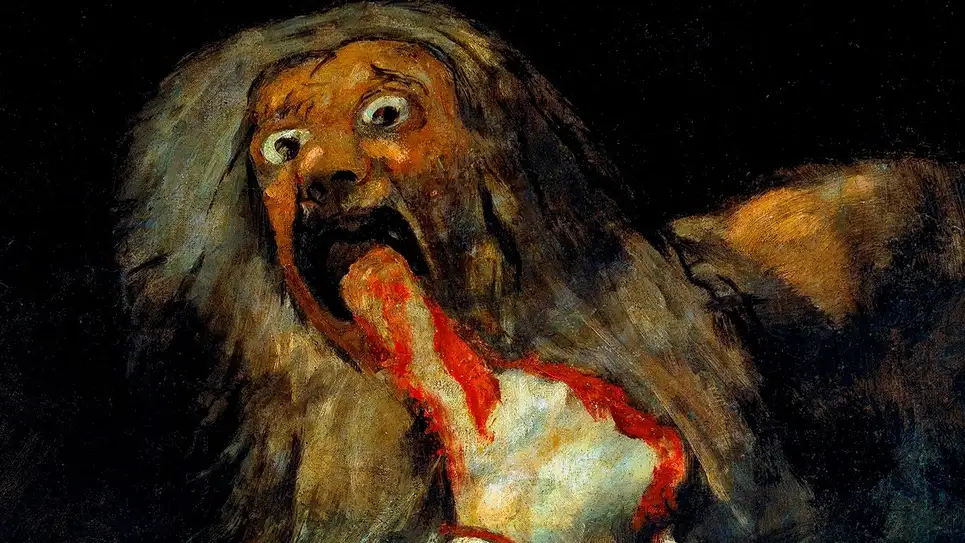

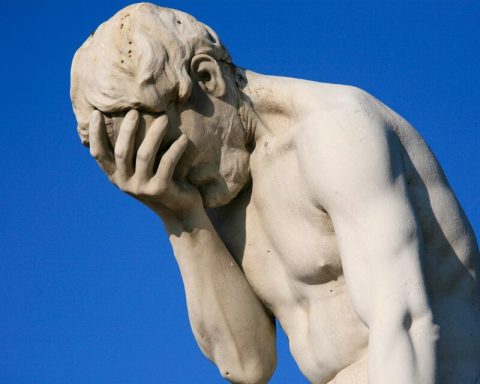
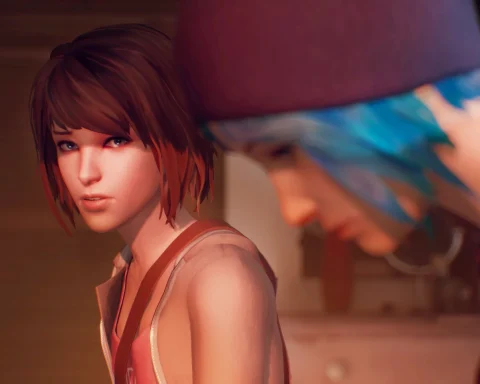

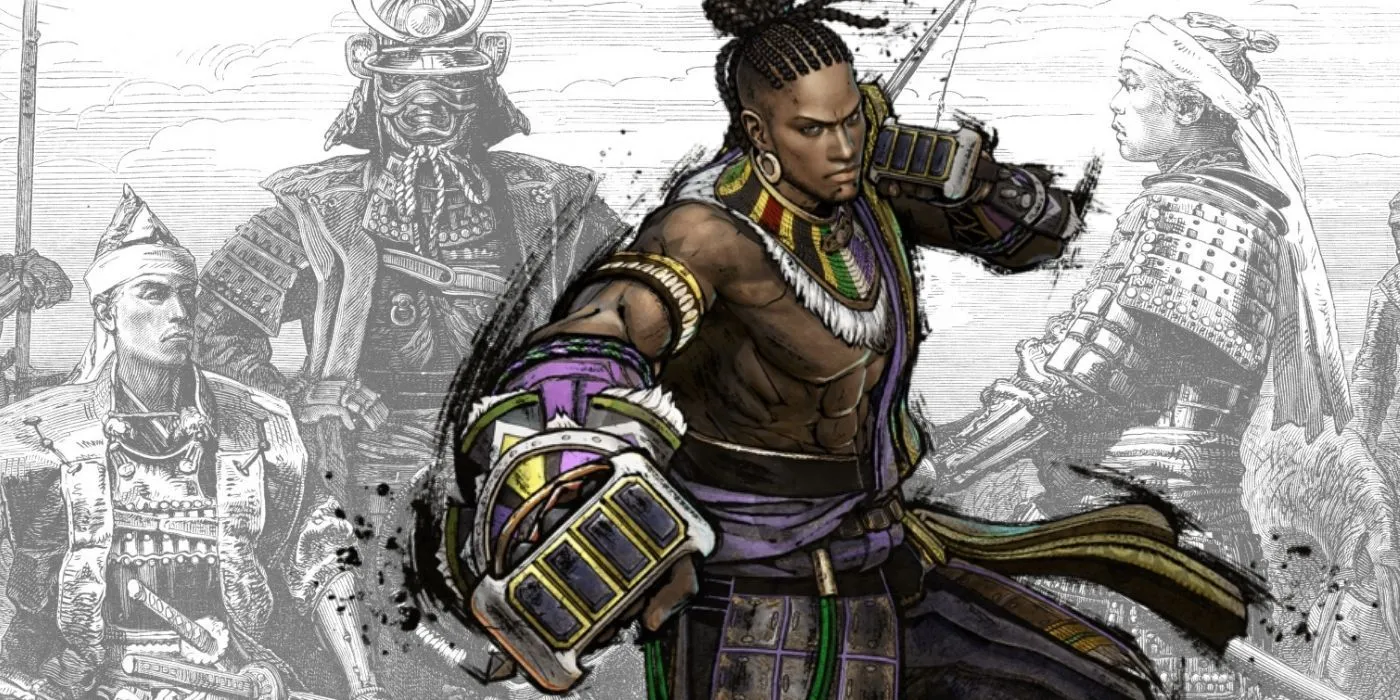
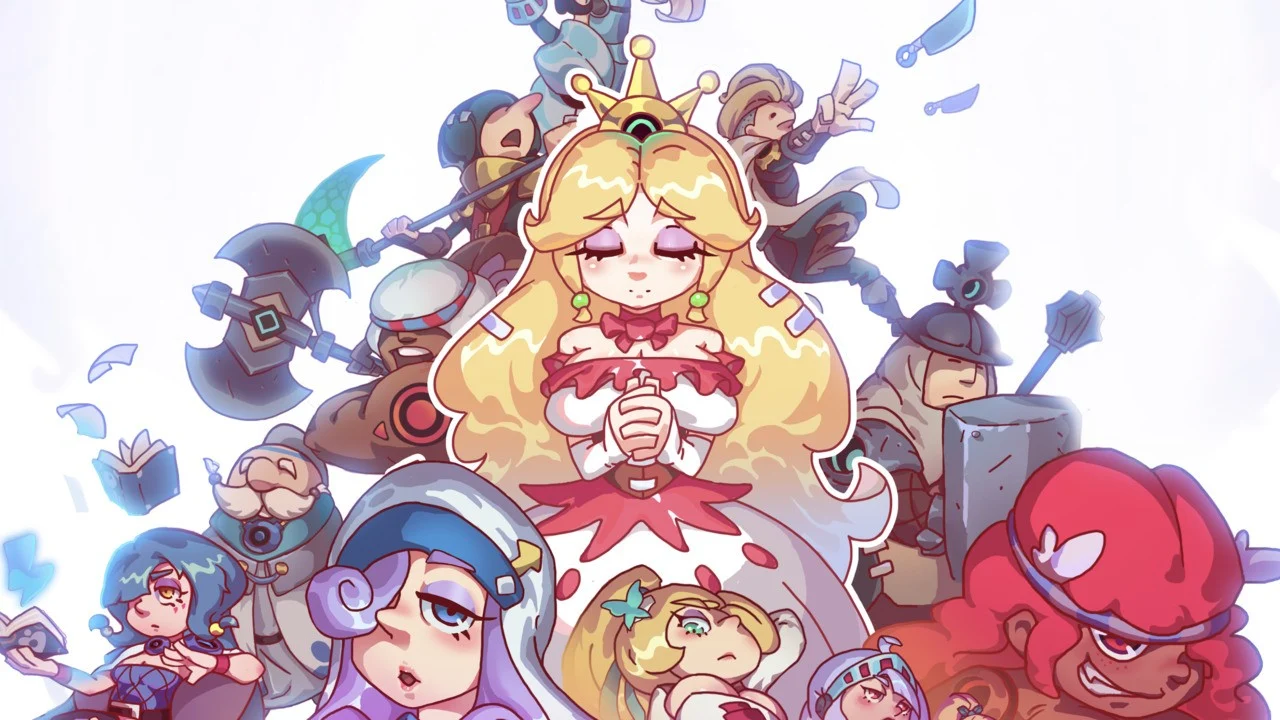
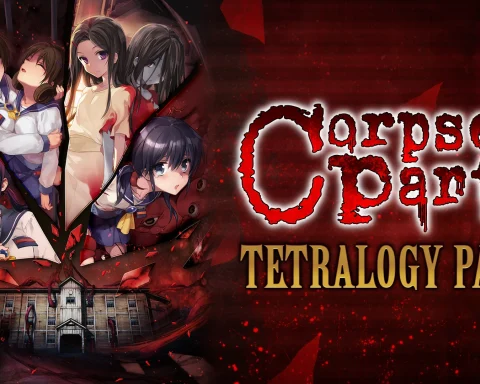
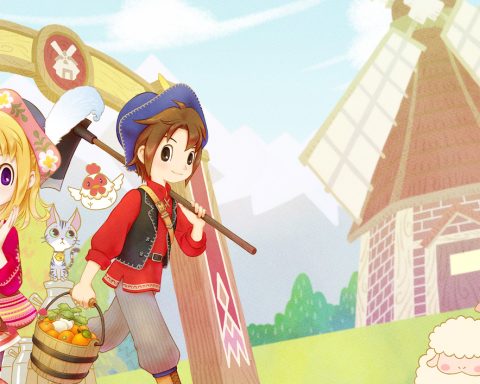

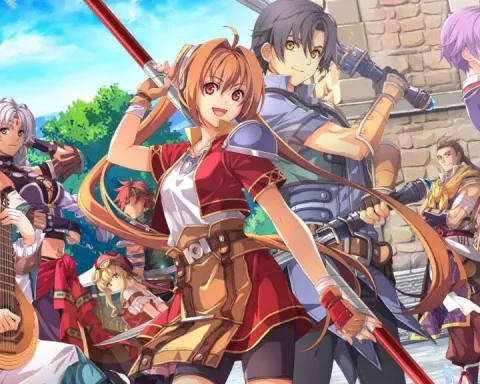
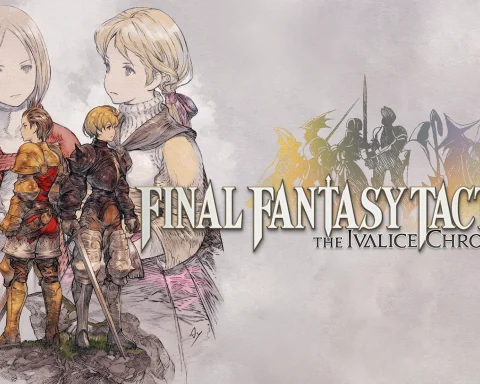
Hogwarts Legacy is potentially the perfect game to do some *actual* criticism of. And I don’t mean yet another lengthy screed about how JK Rowling is an awful person — I mean an actual analysis of the game’s narrative, the themes it delves into and how those might *reflect* Rowling’s worldview, plus the inherent conflict between developers who (supposedly) don’t hold the same values and the world Rowling created. Now that would be something more in line with literary criticism.
We’re never going to see that, though. The most I’ve seen about the game’s story is throwaway comments — can’t be doing any *spoilers* now, can we? — and I suspect actually engaging with a work on that level is beyond a lot of game reviewers today.
It’s unfortunate (though completely understandable and respectable!) that you’re not covering it, as I suspect you’d be one of the few folks out there able to do a good job of what I describe above.
It’s funny you mention spoilers, because one of the ways that I’ve seen people push back on this game is to spoil the ending everywhere they can, and I mean… what a chef’s kiss way of giving the gamers the middle finger. They hate spoilers, lol.
While I agree with most of your experienced perspective here regarding the role of criticism in art, and how important it can be … it feels to me like the main frustration in this case is that there is very little intelligent critical writing or critical discussion in the world today. Even about literature and serious music/art — the ability to find and engage in enlightened critical discussion is almost nil. The audience for such discussions is woefully small — even smaller than when I was in college 30 years ago and eating that stuff up, filling journals with my own critical essay ideas, etc.
IGN and most of the other major websites are just writing game reviews (or “product reviews” as you call them), and 99% of their readers absolutely do only want to know if a game is fun and well-made, and whether it is worth them spending their money. Videogame reviews have been this way since the halcyon days of the game mags in the 1990s, when a lot of those magazines were reviewing each game with a single paragraph. These mainstream game reviews serve an important purpose for gamers… and I actually hope they continue to concentrate on whether a game is fun and well-made, rather than engaging in some other agenda.
The outliers providing videogame criticism from a thoughtful perspective (such as yourself and the staff here on DDNet) are something that a lot of us are looking for. That’s one of the main reasons I navigate over to DDNet several times a week. But I don’t think all the good intention in the world from those of us here and on similar sites will be able to lift the level of mainstream discourse on the internet. If anything, that level is continuing to sink, as education and the cultivation of critical thinking skills in our young people disappears in waves across the globe. The corporations in control are working very, very hard to stifle critical thought. “Buy what we tell you, and vote for the people we suggest to you” is really the message they want folks to accept, and weak brains are likelier to do that. Hence the gutting of education systems, and all the fallout that entails.
Yes, it does feel like trying to sweep the waves back into the ocean sometimes (all the time). Still, we do what we can. Weeks like this week are just the reminder that I really should have gone the way I badly wanted to and try and make it as an art critic, lol. That’s what I trained for through uni, but then I got a gig in tech business with reviewing games on the side, and here we are.
I am very jealous of my peers in the other art forms.
I just wanted to pop in and say how much I love the DDnet opinion pieces like this one. After some time has passed I would be veery interested in reading an actual critique (not review) of the game by you or Lindsey but completely understand the site’s decision not to cover it.
Also, “ The world of literature has fewer ignorant delinquents in it” nearly made me spit out my coffee laughing. Cheers!
Thanks for the kind words, and you’ll not need to wait for me to approve posts from you in the future! (As an effort to minimise spam we require manual approval for each new person’s first comment).
And yeah, it is tempting to give a game like this one a go to try and bring critique into it. But it’s just tough to cover things that you know cause a lot of your readers a lot of genuine pain, and yeah, this one has bitten deeply for a lot of people. Perhaps there will be a day when we can write about Harry Potter and whatever without contributing to people’s distress. Rowling might make amends somehow, but if that day comes it’s so far into the future it’s not worth thinking about. For now I do believe that any effort to bring a proper critique to the game is only going to get railroaded with toxicity and anger, and the critique will be lost anyway.
I wholefully agree with your stance on critique and the state of mainstream game media. It’s truly depressing to keep reading in 2023 that the very and sole purpose of a game is to provide “fun”. I do think part of it has to do with the term “game” ; this label doesn’t apply to so many works we love. I mean, is Silent Hill really a game ? Is Dear Esther ? We should have another name to get rid of that notion of fun.
Beside from that, I don’t think the backlash JK Rowling receives is deserved at all. It saddens me that DDNet takes part in it, even though I think it’s great you’re taking position (unlike other publications). About Rowling, I think all she does is not wanting a world where any man can claim they’re a woman and thus invade the spaces that are women-only (public bathroom for example). I find nothing aggravating in this. She also seems to basically refuse the new idea (that I feel is forced onto us) that a man (or a woman) is not an individual with male genitals but any individual that claims to be a man (or a woman respectively). I also find nothing aggravating in this.
Again I think it’s perfectly appropriate to not cover a work whose creator was found guilty of justice-reprehensible actions (like filmmaker Roman Polansky for example). But to boycott Hogwarts Legacy just because JK Rowling doesn’t share the new LGBT+ way of thinking gender, I have to respectfully disagree.
If Roman Polanski were involved in a game somehow I’d have no issue covering it, personally. I know others on the team would refuse to and I’d stand by them for that, but it doesn’t particularly conflict me. That’s not because I don’t think that he deserved to be punished for what he did – he does and I would never defend the *man* – his work never includes the thing that makes him a loathsome person outside of his art. Separation of art and artist applies in that case, from my personal perspective. Rowling’s body of work, meanwhile, does include plenty of her ideology as a person, and therefore you can’t address something based on her work without dealing with it. I and the entire team at DDNet made the decision that, because we couldn’t discuss the game without addressing that subject, it was better that we didn’t discuss it at all.
Also, please understand that DDNet is welcoming to the LGBT community. That does include the “T,” and that means that here, their identities are not open to being questioned. I’m more than happy for people to discuss the vast majority of controversial subjects on DDNet, but this is not a negotiable one, so please keep that in mind and respect our position on this. I would hate for LGBT people to be uncomfortable to be themselves here, I would *really* hate for TERFs to think that we’re a platform that they can use and I’d really, really, REALLY hate to have to start spending my day deleting their comments because I allowed it to happen once. I have to deal with nasty, toxic enough stuff on this site daily. Those people are at quite another level entirely. They’re genuinely frightening and I simply do not want them here.
So yeah. It’s a no-go zone. Please respect us on this one, thanks 🙂
Well I’m happy you eventually came to touch upon the game, or at least the discussion around it; every time the game criticism landscape proves so bleak and inhospitable, I know I can find a beacon in this website.